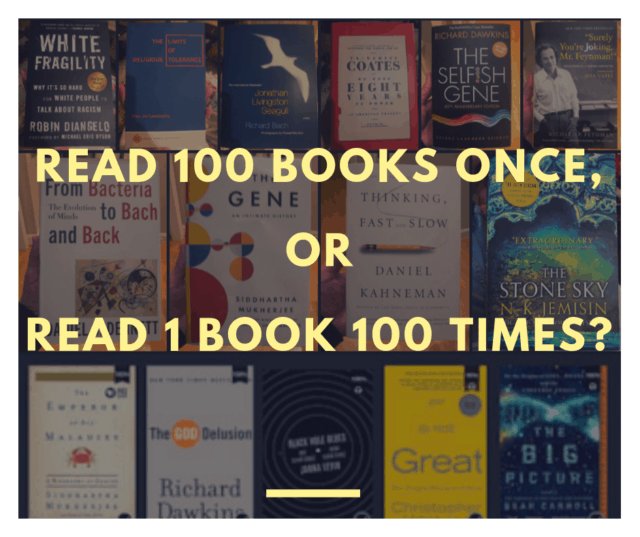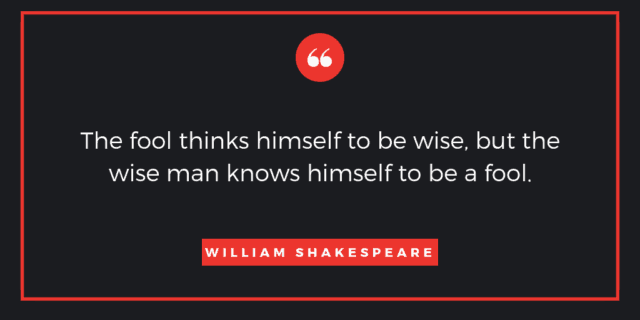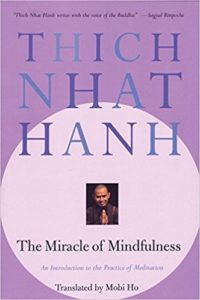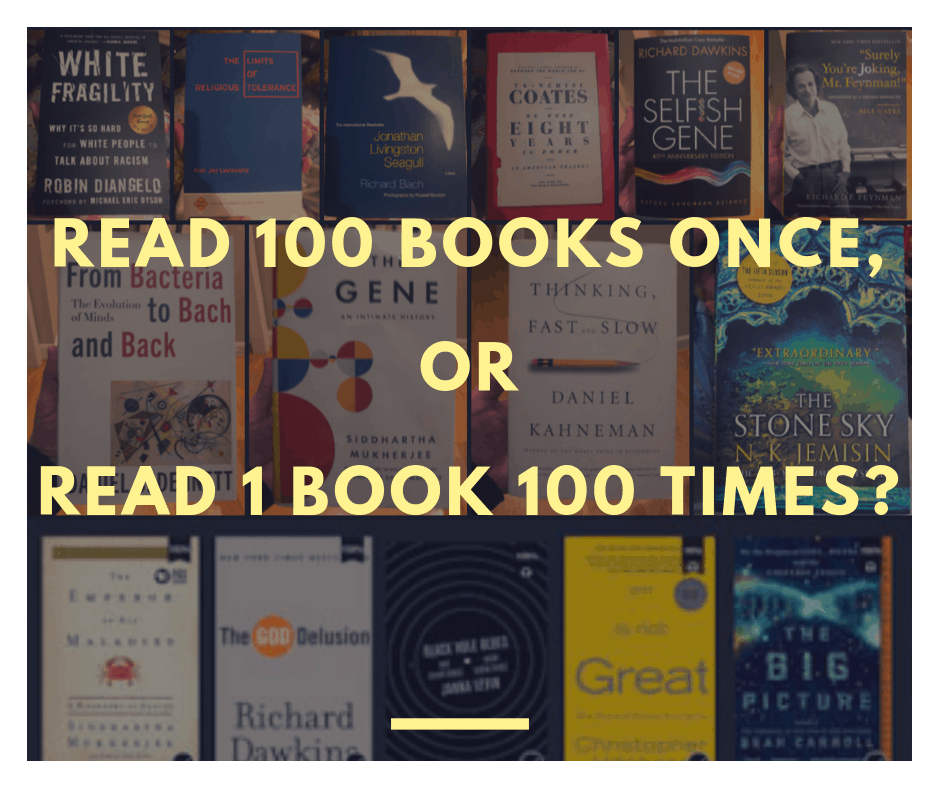This blog post originated as my conclusion to a discussion with a couple devout Christian friends. It’s been modified to be less of a personal response, and more of a general response to certain Christian apologetic arguments. Bear in mind, I consider both men, who shall remain unnamed, to be truly good friends. Despite frequent, vigorous, and passionate disagreement, we generally maintain very civil conversations, and I deeply appreciate their friendship. This conversation started early in 2018 via text and FB Messenger, but it it’s been drawing slowly to a close after 10 months or so. We’re just too far apart. One comment in particular, near the end of one friend’s last response, brought me up short, and that’s what generated my concluding response and this post:
“After listening to/reading the New Testament maybe 100x this year…”
Even as a person who loves to re-read books (I’ve read Lord of the Rings over 30 times, including 3 times in German, in the 34 years since getting my first copies as a gift from my godparents), this shocked me. One hundred times in less than 10 months??? I haven’t asked, but my friend has probably read the Bible thousands of times. After reading that comment, I knew that all further discussion was useless. Anyone who spends that much time reading 1 book is so invested in it, is incapable of stepping outside that book to seriously consider anything else.

Reading to Expand the Mind is Great, but 1 Book Doesn’t Do Much
As a child, I learned to read very early. Even when my 2nd grade teacher at Lancashire Elementary School in Wilmington, DE, Mrs. Spain, wrote on my report card that, “Chip will never be a good reader,” I was always 2-3 grade levels above my current year. I read a 1,000 page book on World War II battles in 4th and 5th grades. Several times. Heck, I read Anna Karenina and War and Peace in 8th grade, along with Shogun and Gai-Jin by James Clavell around the same time.
Oh, and yes……..despite growing up as a Roman Catholic, I did read the entire Bible, cover-to-cover, a couple times during college and dental school. Along with reading parts of it MANY times for Bible study with Inter-Varsity Christian Fellowship and personal study. Reading the Bible is actually one of the reasons I’m now an atheist. I didn’t read for pleasure as much during those years, for the obvious reason that I had to read for classes. During my last year of dental school though, I had a number of required books to read before testing for my 1st degree black belt in Taekwondo. After dental school, I slowly began to read for pleasure again, including theology, philosophy, and books on cosmology and astrophysics for the layperson. More recently, I’ve read books on genetics and evolution, along with more on cosmology, poetic naturalism, critical thinking, race relations and racism, psychology, even artificial intelligence.
One 2,000yo Book or 100 Recent Books? Recent Ones, Please!
I got to thinking, “Just how many books have I read in the last few years?” Thankfully, I like to keep my books for re-reading, and it’s also easy to pull up the ones on Kindle, so I compiled a partial list of what I’ve read and/or listened to in just the last 1-5 years. The links are to book reviews that I’ve personally written.
- The Big Picture by Sean M. Carroll (cosmology, astrophysics, poetic naturalism)
- Thinking, Fast & Slow by Daniel Kahnemann (how the human brain works, heuristics, decision-making, memory, thinking processes, by a Nobel Prize winner in Economics)
- Superintelligence: Paths, Dangers, Strategies by Nick Bostrom (artificial intelligence, the risks and benefits)
- The Blind Watchmaker, The God Delusion, and The Selfish Gene by Richard Dawkins (The Selfish Gene being the most significant, because it is – despite being written 40 years ago – still one of the best explanations of how genetics actually works in evolution, with updated supporting evidence)
- Black Hole Blues & Other Songs of Outer Space by Janna Levin (from Einstein’s prediction of, to the actual discovery and measurement of gravitational waves, caused by the collision of black holes over 1 billion light years away)
- The Death of Expertise by Tom Nichols (why the growing belief that ignorance is as valid as actual knowledge of a subject is dangerous to society, because ignorance is dangerous)
- From Bacteria to Bach and Back by Daniel Dennett (current theories and evidence on evolution and the evolution of human consciousness)
- The Myth of Equality by Ken Wytsma (by an Evangelical white male Christian, about why racism is still such a huge problem, ESPECIALLY in Evangelical Christianity)
- Between the World and Me by Ta-Nehisi Coates (a letter to his son, by a prominent Black thinker and writer, on the racism that is embedded in all of America)
- The Sniper Mind by David Amerland (learning business skills by applying what makes military snipers able to regular do things that most people think are impossible, including a deep dive into research on neuroscience & neurology)
- The Emperor of All Maladies and The Gene by Siddhartha Mukherjee (the first is a history of human understanding of cancer and treatments; the second is history of how we figured out genetics, and why it means that evolution is real)
- The Demon-Haunted World by Carl Sagan (the classic that everyone should read, on how we figured out the principles of the scientific method & why it works; critical thinking skills, by another brilliant astrophysicist and science communicator)
- Surely You Must be Joking, Mr. Feynman by Richard Feynman (a kind of autobiography of one of the most famous and brilliant physicists of the 20th century)
- The Power of Now by Eckhart Tolle (a modern remake of Buddhism, teaching that learning to live in the present moment only leads to profound inner peace and happiness)
- The Miracle of Mindfulness by Thich Nhat Han (a compilation of letters from a well-known Vietnamese Buddhist monk, to a student, about living mindfully; Buddhist philosophy)
- god is Not Great by Christopher Hitchens (arguments on why God does not, in fact can not, exist as claimed by Christians)
- Waking Up by Sam Harris (current neuroscience and the evidence that Buddhist/Taoist style meditation has measurable benefits for the human brain)
- Along with re-reading all the Harry Potter books, re-read all the Isaac Asimov Foundation books, re-read most of Frank Herbert’s Dune series, all the Game of Thrones books, and just recently, 2 trilogies by N.K. Jemisin (a multiple Hugo Award winning author).
Seeing as I’m very ADHD, I always have multiple books waiting to be read, so these are
- White Fragility by Robin DiAngelo
- The Skeptics Guide to the Universe by Dr. Steven Novella
- Hidden Figures by Margot Lee Shetterly
- Sapiens by Yuval Noah Harari
- Intuition Pumps and Other Tools for Thinking by Daniel Dennett
- We Were 8 Years in Power by Ta-Nehisi Coates
As I thought about all the topics covered in all of these books, I realized the truth of what atheists often complain about, when talking with Bible-believing Christians:
The more they read the Bible to confirm that the Bible is true, the more incredibly certain they are about 1 book.
The more I (and others) read books about evolution, artificial intelligence, gravitational wave detection, race relations, the contribution of women to science programs, how heuristics affect decision making, how bad our brains are at probability, how our memories aren’t as accurate as we think (including yours, despite what you think), about how artificial intelligence is similar to – and radically different from – human intelligence, etc …… the more we realize how little we know about anything at all!

Every argument this friend made, started from the assumption that the Bible is literally true and accurate. (Hint: it isn’t.) That is something that only a devout believer in the Bible can do. Once you step outside the circular reasoning of faith, it’s nonsense. Logically, you can’t use a source to prove itself, not even if it supposedly fulfills prophecies it makes. It’s still circular reasoning, because there isn’t any extra-biblical evidence to support the claims of prophecies fulfilled. He thinks that he’s a “skeptic,” but he’s really a philosophical skeptic, not a scientific skeptic. Being a scientific skeptic doesn’t just mean that you doubt stuff. It means that you take the best methods available to contrast, compare, test, retest, evaluate as to how well it matches reality, etc. to sift the wheat from the chaff, and once you’ve identified chaff, you discard it, no matter how much you want to believe it. If you spend all your time reading the same book and about that book, you have no frame of reference to evaluate wheat from chaff in the Bible.
Ironically, I’ve often been told by Christians, that I need to study the Bible more to understand it. When I respond that they need to actually study evolution and cosmology in order to understand them, they won’t. I mean……..I have studied the Bible and read quite a bit about it, as well as about Christianity. Very few Bible-believing Christians have even a high-schooler’s understanding of either evolution or cosmology.
What Has the Bible Taught Us Lately?
It is true that there are good lessons on morality in the Bible. There are also some really awful ones. You know, like Paul’s teachings on how hard slave-owners are allowed to beat their slaves, right there in the New Testament! Why didn’t Jesus or Paul tell those slave-owners that slavery was outright bad, instead? And that’s the problem – claims about how moral the Bible is are grossly overblown. Even more overblown than any supposed claims about reality.
Not once did Jesus unequivocally say anything like, “Hey, those white points up there in the sky at night? Those are flaming balls of gas so big, your brains can’t even grasp them, and they’re so far away, it took millions of years for their light to reach this planet on which you live.” Not once did Jesus say, “Hey, all slavery is WRONG, and there’s not a single exception to that rule, and if any of you do it, you’ll be punished.” Or “Hey guys, women should be treated as absolute equals under the law, and all of these laws that limit them have to be thrown out.” Or “You know that whole demonic possession thing isn’t real, right? It’s actually a disease that can be treated.” Or “Hey y’all, all these sicknesses that I’m curing? Well, you’ll be able to do that once you understand germ theory, and here are a few basics to get you started.”
No, Jesus basically talked and acted like a religious prophet of a relatively primitive, patriarchal, sexist society of around 2000 years ago would be expected to do. If he was the Son of God, he doesn’t seem to have known much about this Universe he created. And for all the claims by many Christians, Jesus didn’t say a single word about abortion, nor about LGBTQ individuals. Almost like he didn’t know anything about them. Weird, huh?
Every advance that has brought humanity to the heights we have achieved, including putting men on the moon, sending Voyager beyond the solar system, manipulating single atoms, measuring the speed of light and even capturing single photons, predicting and detecting gravitational waves, eliminating smallpox and (almost) polio through vaccines, creating digital phones and cameras and 10 nm microchips, worldwide transportation, treating cancers, beginning to use gene therapies to cure genetically inherited diseases, has come from science. Not one of those is even mentioned anywhere in the Bible. I honestly and truly can’t see how the Bible is relevant to anything today.
By only reading the Bible and about the Bible, but not reading and understanding why science, and the principles of the Enlightenment, are actually the foundation of our entire society, my friends fail to grasp why the Christian apologists they follow make false arguments and representations of what science has learned. It’s the Dunning-Kruger Effect, which is IMO best summarized by John Cleese:
“The less one knows about a subject, the more confident one is about the little knowledge one has about it, to the point of denying that people who actually know more, really do know more.” (Not John Cleese, but me)
“You Didn’t Believe/Pray/Whatever the RIGHT Way!”
One argument that has always pissed me off, even back when I was a Christian, was this idea that if any Christian ever lost their faith (I prefer to think of it as gaining reason), it was because they didn’t pray, or read the Bible, or desire wholeheartedly, or SOMETHING the “right way.” It’s the idea that, since I am no longer a Christian, then I was never really a Christian in the first place. Or that, even if I was, I wasn’t “doing it right, or I would still be a Christian.” In the end, it’s nothing more than a No True Scotsman Logical Fallacy.
When I was a Christian, I deeply desired to know God and have a personal relationship with him. I related that to my friends with a passion that they had never seen from me on the subject, and it took them by surprise. One of these friends admitted that he did not have a good answer, and I respect that. My other friend though, after a lot of thought, sent a long response that never actually addressed the most important reason for my deconversion: that despite my deepest desire to have a personal relationship with God for a couple decades, and earnestly seeking Him in thought, prayer, study of the Bible…..nothing. Zilch. Nada. All of his long response boiled down to cliches like, “You didn’t seek long enough, or you weren’t seeking the right way, or God had some other plan/works in mysterious ways.” Those statements just indicate that he thinks (again) that if only I’d been a Christian with a faith just like his, then God would have answered and I’d still be a Christian. Give me a break. Those aren’t even good enough excuses for kids, much less an all-powerful, all-knowing deity/creator of the Universe. Christians keep saying that God WANTS that personal relationship with us. He obviously didn’t with me, because if He wanted me that badly, He had plenty of time!
I’m Happier as a Zen Buddhist Taoist Atheist
 I hadn’t even reached the point of telling my friend, that I’ve experienced far deeper, more profound, and intense love, compassion, empathy, and peace through Buddhist meditation than ever through the love of Jesus. Weird how that works for well over a billion Buddhists in the world today. And Buddha was on Earth 4-500 years before Jesus was supposedly born, so it’s not like Christians can claim there wasn’t an excellent foundation for morality before Jesus. Oh wait……..my friend did make the claim that Jesus was the greatest source of morality ever. Maybe he should read more books as in-depth as he does the Bible? There were ethical systems LONG before Jesus came around, all over the world. We just don’t learn about them, largely because Christianity wiped them out, ignored them, or suppressed them. I happen to like the Tao Te Ching much more than the Bible. I find the Buddhist concepts of Loving-Kindness and Mindfulness far more beneficial to my happiness than anything in the Bible. When I remember to practice them, at least.
I hadn’t even reached the point of telling my friend, that I’ve experienced far deeper, more profound, and intense love, compassion, empathy, and peace through Buddhist meditation than ever through the love of Jesus. Weird how that works for well over a billion Buddhists in the world today. And Buddha was on Earth 4-500 years before Jesus was supposedly born, so it’s not like Christians can claim there wasn’t an excellent foundation for morality before Jesus. Oh wait……..my friend did make the claim that Jesus was the greatest source of morality ever. Maybe he should read more books as in-depth as he does the Bible? There were ethical systems LONG before Jesus came around, all over the world. We just don’t learn about them, largely because Christianity wiped them out, ignored them, or suppressed them. I happen to like the Tao Te Ching much more than the Bible. I find the Buddhist concepts of Loving-Kindness and Mindfulness far more beneficial to my happiness than anything in the Bible. When I remember to practice them, at least.
Could I Ever Believe in Jesus Again?
I have zero need for God. Any God. Not for morality, not for existence, not for love, not for living a good life and being a decent, kind, generous person. John Lennon’s famous song, Imagine, said that better decades ago than I ever could, and this Penatonix version is, pardon the pun 😉 , simply divine.
However, my friend stated that I would never believe in Jesus, not even if he came to Earth again. That’s not correct. If Jesus actually appeared & was willing to undergo all tests I required, and he could do things that unequivocally break the laws of the universe as we understand them, I would believe. If he healed a dying person of cancer by a simple laying on of hands, while the person was being monitored by the most modern tools we have, and he could do it over and over again, for every type of cancer, in an instant? If he were to instantly eliminate a disease like malaria all over the world, I would sure believe. If he stopped the sun in the sky, while all our telescopes were monitoring it, and nothing on the planet was disturbed? Sure, I’d believe. If He came to humanity and showed everyone why war was wrong, and showed everyone the evils of climate change and and how to prevent us from destroying ourselves and the planet? Absolutely, I’ll believe.
But Christians have been waiting for more than 2,000 years now, and he hasn’t come. I’m not holding my breath because of a 2000yo book, no matter how many times anyone reads it.
In Conclusion
As I said in the beginning, I count both of these men as good friends. If they want to pray for me, that’s fine, because that’s one way they show that they care, and that means a lot. I know that they’re both good people, trying to do their best every day, trying to build people up, not tear them down, and I admire that so much about both of them. I also believe 100% that they would be the exact same good men, if they didn’t believe in Jesus or God at all. While none of us has really made a dent in the other’s armor, so to speak, I have really enjoyed this conversation over the 8-9 months. I hope they have, too.
